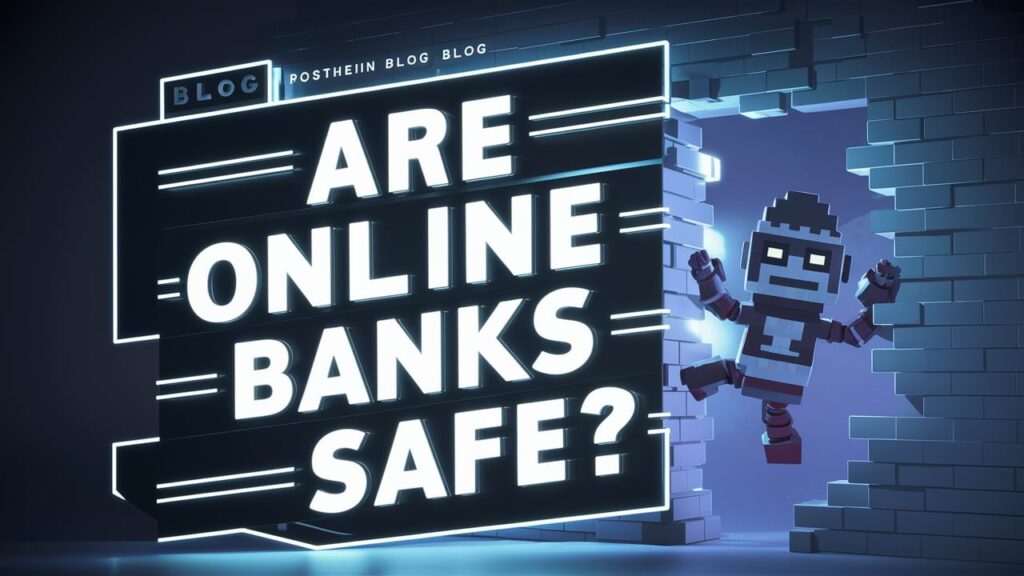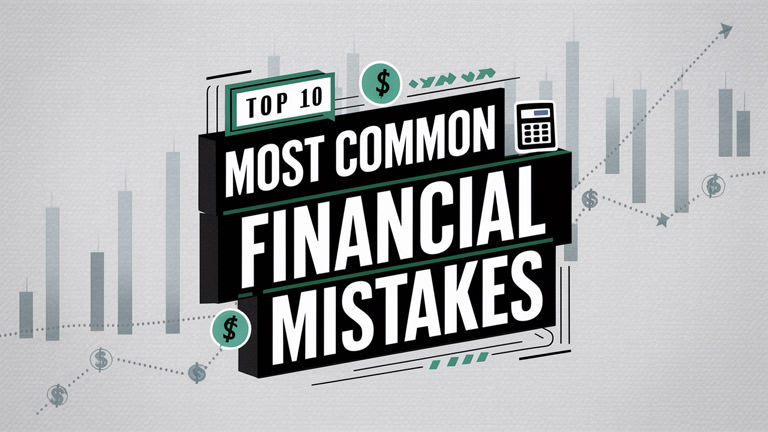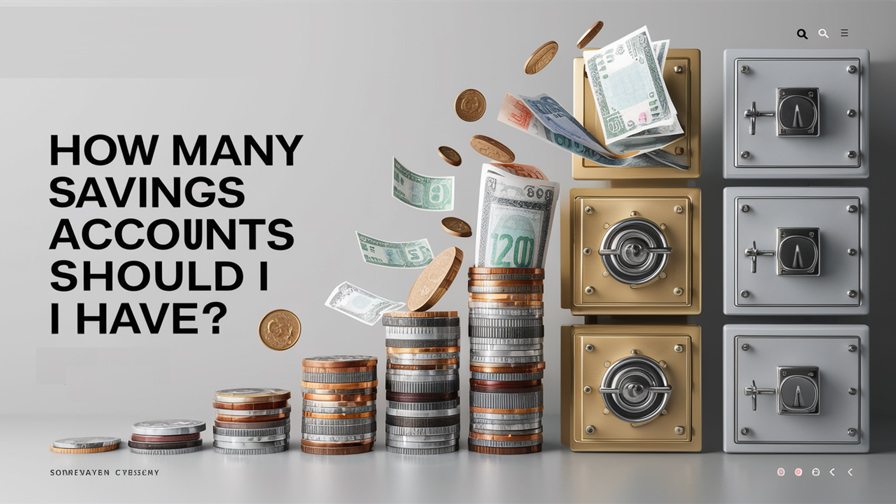
With the rise of digital banking, many consumers are turning to online banks for their financial needs. The question often arises: Are online banks safe? The answer is yes, if they are FDIC-insured. Here’s a comprehensive guide on how to ensure your online banking experience is secure and what measures these banks take to protect your money.
What Is an Online Bank?
An online bank operates entirely online without any physical branches. You manage your accounts through a website or mobile app. According to J.D. Power, about one-third of consumers use a digital-only bank. These banks offer many of the same services as traditional banks, including checking accounts, savings accounts, and ATM access. The absence of physical branches allows them to offer lower fees and better interest rates.
Security Measures of Online Banks
Online banks implement various security measures to protect your money. These measures are standard across all financial institutions that offer online banking.
FDIC Insurance
Most online banks are insured by the Federal Deposit Insurance Corporation (FDIC). This insurance protects your deposits up to $250,000 per depositor, per ownership category. If your bank fails, FDIC insurance ensures your funds are protected up to the deposit insurance limits.
Data Encryption
Online and traditional banks use strong encryption standards to protect your data. This ensures that only your bank can read your information, including card numbers and personal details.
Multi-Factor Authentication
Multi-factor authentication adds an extra layer of security. In addition to your password, you may need to answer a security question or enter a PIN sent to your phone or email. This reduces the risk of unauthorized access.
Automatic Sign-Out
To prevent unauthorized access, many online banks automatically sign you out after a period of inactivity. This feature ensures that if you forget to log out, no one else can access your account from your device.
Fraud Monitoring
Online banks have robust fraud monitoring systems to detect and respond to suspicious activity quickly. If unusual activity is detected, your bank may contact you to verify the transactions, ensuring you aren’t held liable for unauthorized transactions.
How to Verify an Online Bank’s Legitimacy
To ensure an online bank is legitimate, follow these steps:
- Confirm FDIC Insurance: Use the FDIC’s online tool to verify the bank’s insurance status. This tool helps ensure you are on the correct website.
- Check for Customer Complaints: The Consumer Financial Protection Bureau (CFPB) maintains a database of consumer complaints. Reviewing this can provide insight into recurring issues with a bank.
- Read Online Reviews: Platforms like the Better Business Bureau and other review sites offer feedback on customer experiences, helping you gauge the bank’s reliability.
- Research Security Measures: Look into the bank’s security protocols, which are often detailed on their website.
Tips for Safe Online Banking
Whether you bank online or with a traditional bank, here are some tips to keep your account secure:
- Password-Protect Your Devices: Use strong, unique passwords for your devices and change them regularly.
- Set Up Multi-Factor Authentication: Activate this feature to add an extra layer of security to your account.
- Avoid Public Wi-Fi: Public networks can be less secure, making your information vulnerable to hackers. Use private devices and networks for online banking.
- Be Cautious with Information Sharing: Avoid sending sensitive information, such as your bank account number or Social Security number, via email or text.
- Monitor Your Account Regularly: Set up alerts for transactions and check your account frequently to catch any unauthorized activity early.
- Keep Software Up-to-Date: Regular updates ensure you have the latest security features to protect your information.
Common Concerns About Online Banking
Risks of Online Banking
The primary risk is unauthorized access to your account. This can happen through hacking, phishing, or malware. However, the security measures discussed above significantly mitigate these risks.
Mobile Banking Safety
Banking on a mobile device can be safe if you take precautions. Use strong passwords, set up multi-factor authentication, and avoid using public Wi-Fi for transactions.
Online Banking Abroad
When traveling, use your cellular provider’s data plan or a secure VPN. Notify your bank of your travel plans to prevent your account from being flagged for fraud.
Conclusion
Online banks are generally as safe as traditional banks, provided they are FDIC-insured and implement strong security measures. By taking additional steps to secure your devices and accounts, you can enjoy the benefits of online banking with peace of mind. Always verify the legitimacy of an online bank and stay informed about best practices for online security to protect your financial information.
Willie McClellan is a financial analyst and personal finance expert with over 15 years of industry experience. Holding a Master’s degree in Finance from the University of Chicago, Willie has worked with top investment firms, providing insights on market trends and investment strategies. He is passionate about financial education and regularly contributes to leading financial blogs and magazines. When not working, Willie enjoys hiking and spending time with his family.



